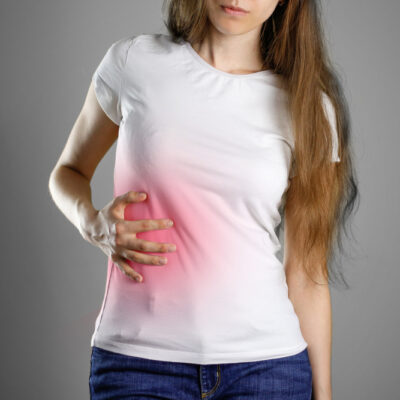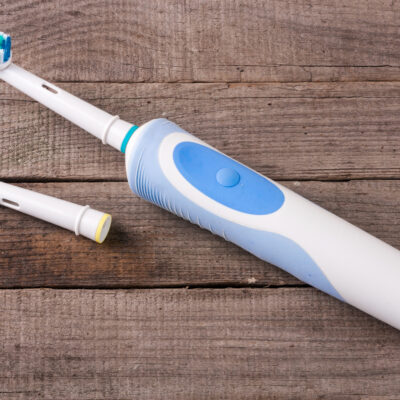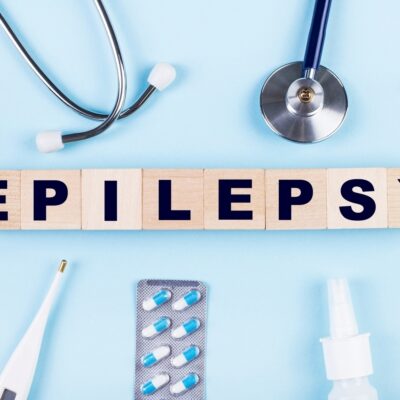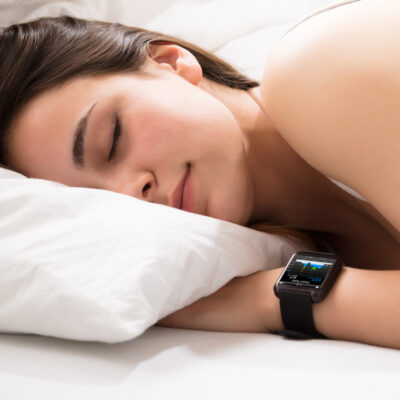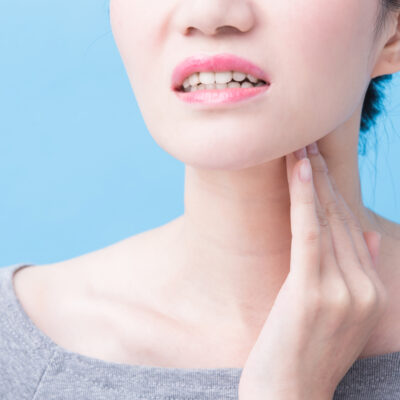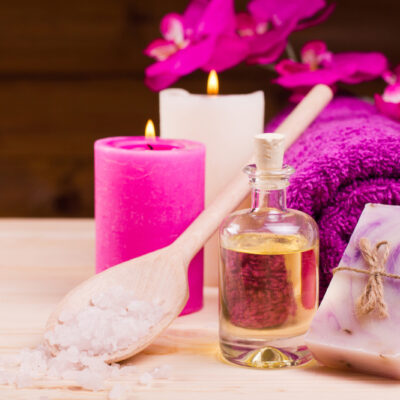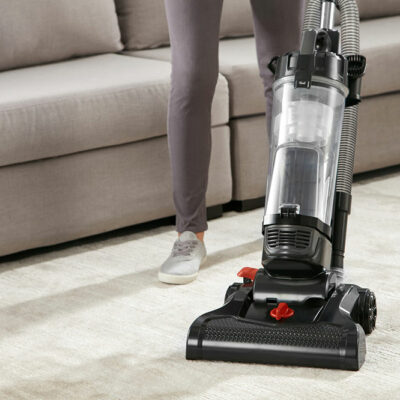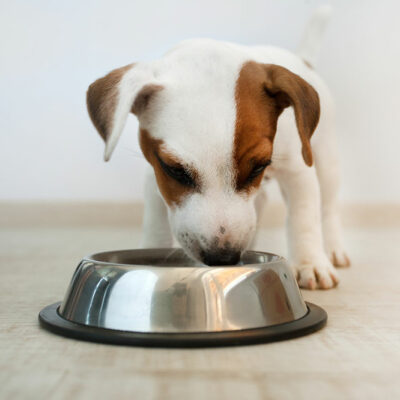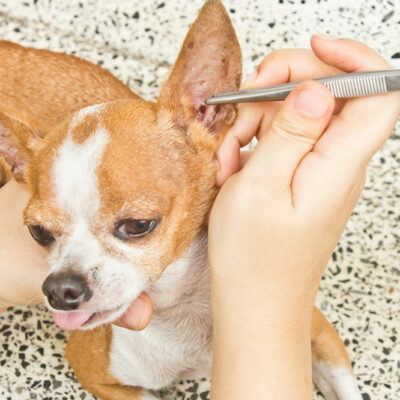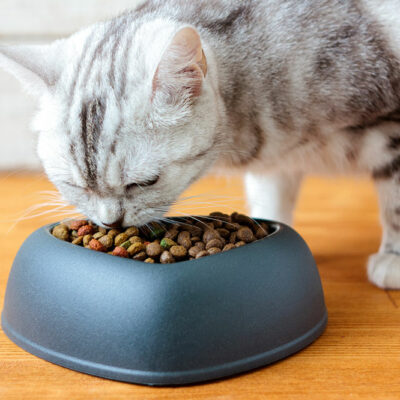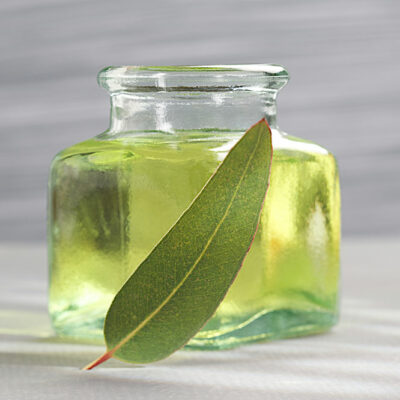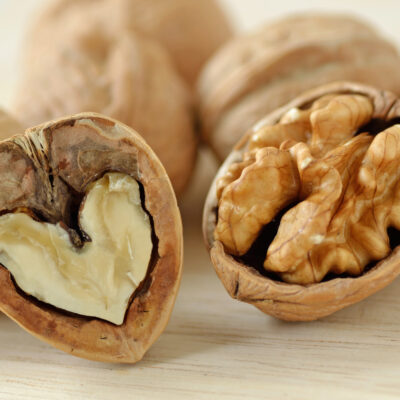
Health
What to Eat to Manage Depression
Depression is a serious medical condition that can affect how one thinks and acts in a negative way. The early signs of depression are constant sadness, lack of interest in activities that one once enjoyed, lack of energy, trouble sleeping, and a change in appetite. Here are a list of foods that one can incorporate into their diet to help ease these early signs of depression: 1. Leafy green vegetables Vegetables, specifically the darker green vegetables, are great for helping improve your mood and ease depression. There are many nutrients in vegetables that help stabilize mood including folate and fiber. Folate is a B-9 vitamin that helps the body create red blood cells. These blood cells help regulate the production of serotonin. The primary function of serotonin is to pass messages between nerve cells and manage various functions within the brain. By regulating the production of serotonin many things can be held steady including your mood. Fiber also helps with proper gut health by lowering potential inflammation within the gut. The neurotransmitters that are connected between one’s brain and gut then can concentrate on reducing symptoms of depression rather than work to reduce inflammation within the gut. 2. Fermented foods Foods that are fermented such as cider, kimchi, and sauerkraut, can help ease signs of depression.
Read More 